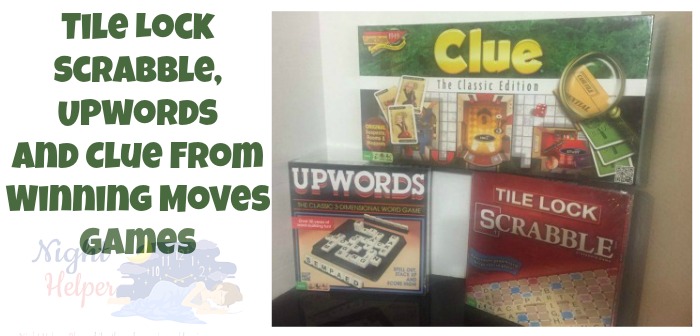Know About Critical Thinking Test
Critical thinking, also known as the critical reasoning test is actually a form of reflective reasoning test which mainly evaluates given information and arguments logically and then making an objective decision. The candidate may be asked to assess a certain situation, he should be able to recognize the assumptions that are being made, create a hypothesis and then evaluate the information and the arguments.
Apart from accepting the arguments and conclusions that have been presented, a candidate who has a strong critical thinking ability will always question and scrutinize the evidence that is being provided to him. Such candidates will always look for logical connections and reasons between ideas, by considering the alternative interpretations and also evaluating the strength of arguments presented.
Each one of us experiences some kind of subconscious bias in our thinking ability. The main purpose of critical thinking ability is that it helps in separating the facts from the opinions.
These tests are mainly used for determining a candidate’s ability to think critically and also for assessing the capacity to conceptualize, analyze and also reason when they are presented with a specific situation by using logical reasoning.
Inside the legal sector, critical thinking skill is a very necessary form in the several areas of work. Therefore, these tests are mostly used by the candidates in their job or work place, to determine if they are suitably skilled to handle the everyday challenges that the legal professionals face.
A candidate may even be asked to complete a situational judgment test, aptitude tests or personality tests in addition to the critical thinking ability test. Critical thinking ability tests are mainly used in the field of graduate, professional and the managerial recruitment process. It is a very form of test in the legal and the banking sector as well.
Now the main query of the candidates sitting for these test are what type of questions are going to come. Questions are very likely to be based on five sections which are specially designed to find out how good the candidate is at reasoning analytically and logically as well. The five sections include the following sections:
- Arguments: In this section, the candidates are mainly tested on their ability to differentiate between the argumentative statements that are strong and the argumentative statements that are weak. For a strong argumentative statement it is important that it has to be important and relevant. It has to be directly related to the question. On the other hand when the argumentative statement is weak it is not directly related to the question and also it is of less importance, or it sometimes has the tendency to confuse correlation with causation. Causation is nothing but it is a way of incorrectly making an assumption that just because two things are related to each other that means, they are the cause of each other.
- Assumptions: what is an assumption? An assumption is something that we usually take for granted in any kind of situation. The assumptions that we normally tend to make may not necessarily be correct but being able to identify these assumptions is the main aspect of critical reasoning. An assumption question will be given which will include a statement and a number of assumptions will be provided. Now, the candidate will be required to identify whether the given assumption has been made or not.
- Deductions: A deduction question is something where the candidate gets to draw conclusions which will be based on only the information that is given in the question and not from the candidate’s own knowledge. The candidate will be given a small passage of information and then the candidate will be needed to evaluate a conclusion made which will be based on that given passage. If the conclusion is not drawn from the information given, then it will be known that the conclusion does not follow.
- Interpretation: In these types of questions the candidates are given a passage of information which is followed by a proposed conclusion. The candidates will be asked to regard the information that they are given as true and then decide whether the proposed conclusion is logical and beyond any doubt follows the passage.
- Inferences: Inference is a conclusion which is mainly drawn from the facts that are either supposed or observed. It is the information which actually does not appear directly in the given information, but it is in fact drawn from it. Suppose, for instance, if someone goes to a public restroom and finds the door locked, and then obviously that person will assume or make the conclusion or inference that the restroom is already occupied.
Tips for the test
For succeeding in such a critical thinking ability test, there are certain steps that the candidates need to follow to perform well in the test.
- Reviewing the given information is very important. It may seem like an obvious tip but some of us may even tend to skip this. The candidates skip through the content just to get the given question finished fast. So, if you fail to read and understand the question thoroughly it may have bad consequences. You can miss out on important points or data. Always make sure to read the questions thoroughly and in fact re read it if necessary.
- Time management in every case is very important. Before appearing for the test, practice as much as possible. Find out the number of questions that will be given so that you have an idea how much time will be needed to be spend on each question. Don’t spend too much time on one question and instead move on to the next one if you get stuck. Critical thinking ability tests are usually complex in nature and provide a time limit. Thus, time management is absolutely necessary in this case.
- You should never hurry while you are reading the questions or the instructions that have been mentioned. You are more likely to miss out on the necessary information. So take sufficient time to read the instructions.



